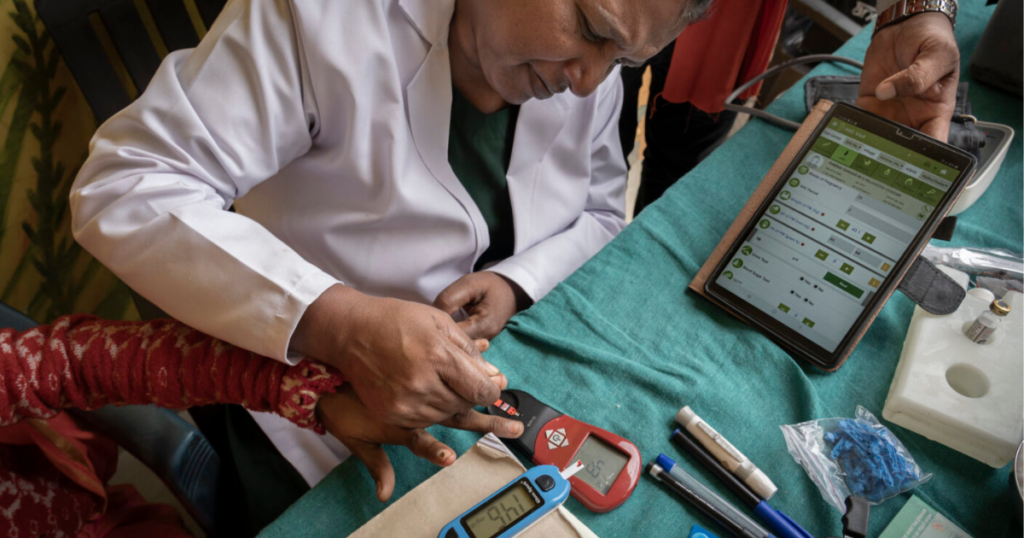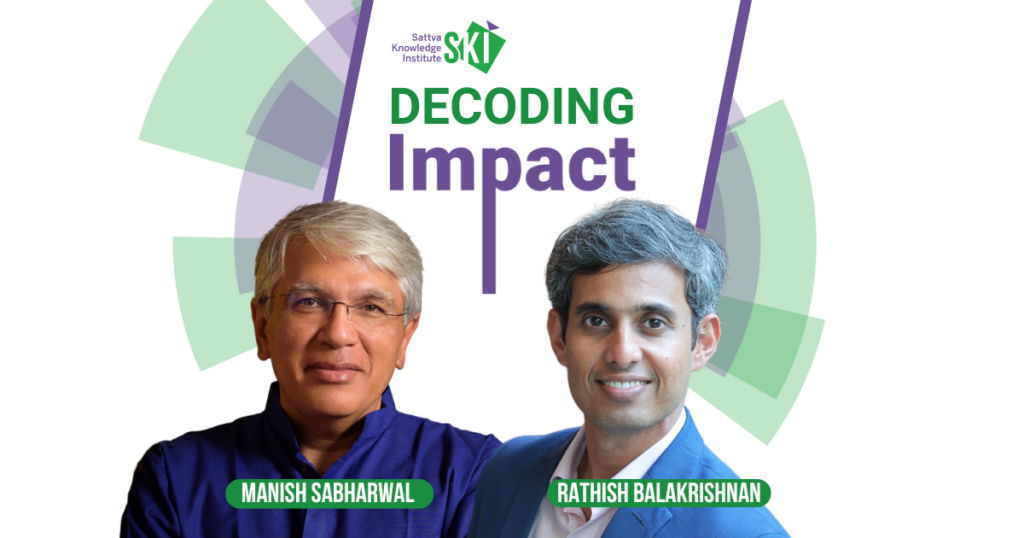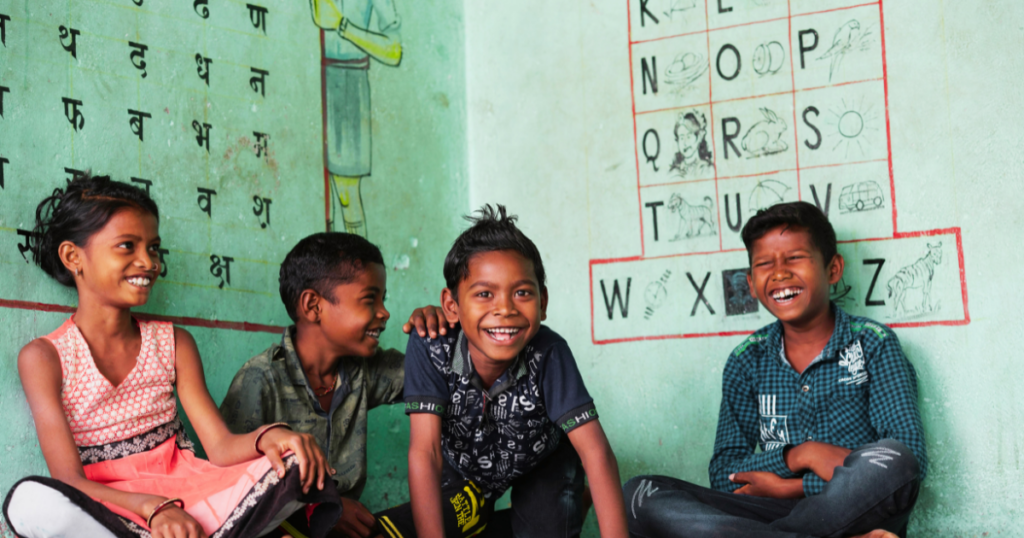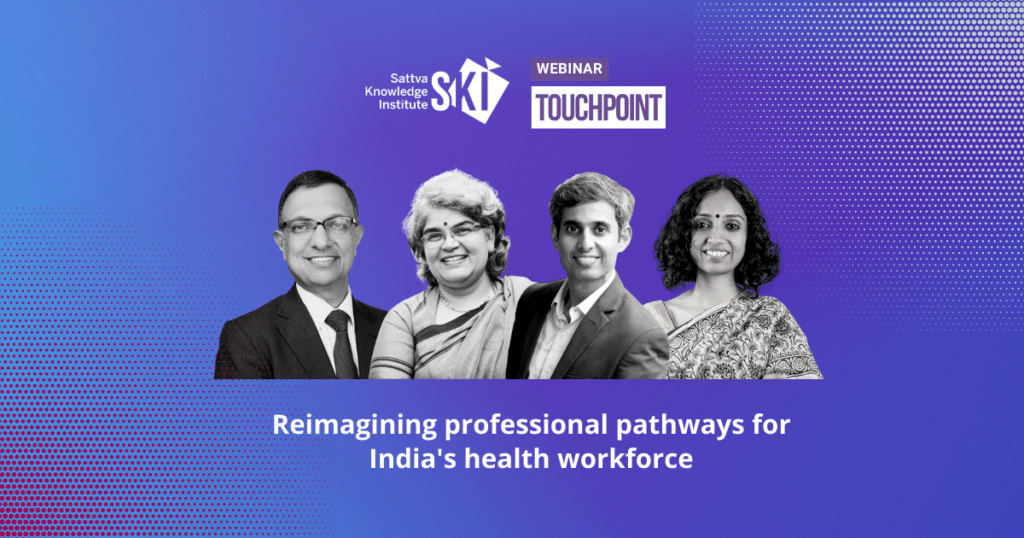Mental health is important for a nation’s development, influencing various aspects of life. However, the tendency to view it in isolation stems from insufficient attention to its interconnectedness with critical factors such as poverty, compromised education, gender inequality, ill-health, violence and the external environment. Challenges include an illness-focused perspective, a shortage of mental health professionals contributing to a treatment gap, and a limited focus on the quality of care, particularly in the digitalisation of mental health services.
A life cycle approach, considering the interplay of biological, psychological, social, and environmental factors, emphasises timely actions for a healthy start, support during transitions, and the creation of healthier societal environments. A life cycle approach to mental health extends this concept to mental well-being. It recognises that mental health interventions should account for the unique needs and risks of different age groups and contexts. This approach involves addressing factors that promote mental well-being, offer protection, and mitigate risks at each life stage while considering intergenerational
influences on mental health.
The report delves into mental health considerations and interventions at each life stage, starting with pre-conception and early childhood. Globally, developmental disorders affect 1 in 50 children under five, with early experiences, genetics, and various risk factors playing crucial roles. Early identification and support for expectant mothers, along with investments in childhood education, are critical in mitigating long-term mental health risks. The report highlights ongoing government and nonprofit programmes aimed at early identification of disorders and special education to enhance mental health outcomes.
In the subsequent stages, such as childhood and adolescence, the prevalence of mental illnesses becomes pronounced, with 3 in 4 cases initiating before the age of 18. Academic pressures, peer interactions, and performance challenges create significant stressors. The report covers programmes providing holistic interventions, encompassing life skills, academic stress management, and fostering social connectedness.
Moving into adulthood and working age, mental health conditions peak in late adolescence and early adulthood, often stemming from life events such as pregnancy, divorce, bereavement, unemployment, and imprisonment. The report covers programmes providing targeted workplace strategies, integrating mental health screening into antenatal care, and comprehensive state initiatives within prison settings.
Older adulthood introduces unique challenges, with dementia emerging as a significant contributor to mental health issues among the elderly. The report notes that 3.5% of India’s elderly population grapples with depression. It captures existing interventions providing holistic care, covering both curative and promotive support.
Advocating for a life cycle approach to mental health is pivotal in addressing the distinctive needs and risks at each stage of life. This necessitates a shift from an illness-centric perspective to a holistic understanding of mental well-being. Collaborative efforts between government institutions and non-governmental organisations are deemed essential to provide comprehensive care and support for the diverse mental health needs of individuals throughout their lives.
This perspective has been built on insights shared by Dr Pratima Murthy–Director, the National Institute of Mental Health and Neuro-Sciences (NIMHANS) in a podcast episode on ‘Decoding a Life Cycle Approach to Mental Health’, as part of Sattva Knowledge Institute’s podcast series, Decoding Impact.
Expanding on her concepts and ideas, this perspective draws from global frameworks and examples of solutions in India, to help understand a life cycle approach to mental health.
Using a Life Cycle Approach
This document delineates age-specific requirements across five distinct life stages and varying life circumstances. Additionally, it offers examples of programmes that have been implemented to cater to these context-specific needs across the life course. Serving as a valuable resource for non-profits and programme designers, it offers a structured approach to tailor mental health interventions and create more effective and relevant programmes.
Authors: Sarah Joseph, Yashasvi Murali and Kritagya Kriti



